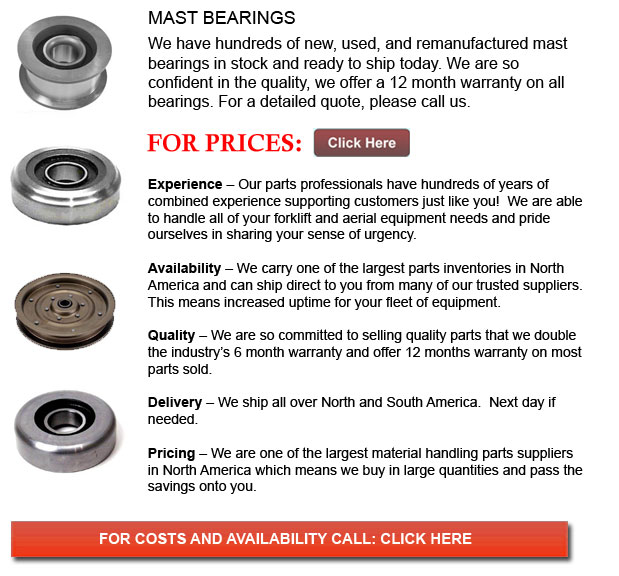
Mast Bearings - A bearing allows for better motion among at least 2 components, normally in a rotational or linear procession. They could be defined in correlation to the direction of applied cargo the can take and in accordance to the nature of their operation
Plain bearings are very commonly used. They utilize surfaces in rubbing contact, often with a lubricant like for instance graphite or oil. Plain bearings may or may not be considered a discrete tool. A plain bearing may comprise a planar surface which bears another, and in this situation will be defined as not a discrete device. It could consist of nothing more than the bearing surface of a hole with a shaft passing through it. A semi-discrete instance will be a layer of bearing metal fused to the substrate, whereas in the form of a separable sleeve, it will be a discrete gadget. Maintaining the right lubrication allows plain bearings to be able to provide acceptable friction and accuracy at minimal expense.
There are different types of bearings that can enhance reliability and accuracy and develop efficiency. In numerous applications, a more suitable and exact bearing could better service intervals, weight, size, and operation speed, therefore lowering the total expenses of operating and buying equipment.
Many kinds of bearings together with varying lubrication, shape, material and application exist in the market. Rolling-element bearings, for instance, use spheres or drums rolling between the parts to be able to lower friction. Less friction gives tighter tolerances and higher precision than plain bearings, and less wear extends machine accuracy.
Plain bearings are often made from various kinds of metal or plastic, depending on how corrosive or dirty the surroundings is and depending on the load itself. The type and function of lubricants could significantly affect bearing friction and lifespan. For instance, a bearing can be run without whatever lubricant if continuous lubrication is not an option in view of the fact that the lubricants can attract dirt which damages the bearings or tools. Or a lubricant could enhance bearing friction but in the food processing trade, it may require being lubricated by an inferior, yet food-safe lube so as to prevent food contamination and ensure health safety.
The majority of high-cycle application bearings need lubrication and some cleaning. At times, they can need adjustments so as to help reduce the effects of wear. Some bearings may require infrequent repairs in order to prevent premature failure, though magnetic or fluid bearings may need little maintenance.
Extending bearing life is normally done if the bearing is kept well-lubricated and clean, even if, various types of utilization make consistent upkeep a challenging task. Bearings located in a conveyor of a rock crusher for example, are constantly exposed to abrasive particles. Regular cleaning is of little use in view of the fact that the cleaning operation is expensive and the bearing becomes dirty again once the conveyor continues operation.
![]() Click to Download the pdf
Click to Download the pdf
Forklift Parts
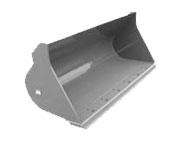
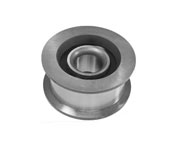
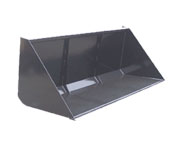
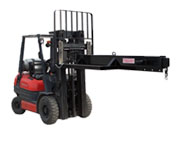
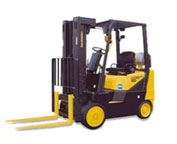
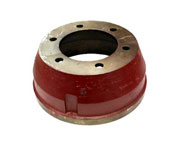
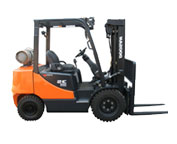
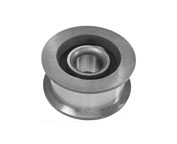
Lift Parts Express
TOLL FREE: 1-888-695-7994
New Orleans, Louisiana
forkliftpartsneworleans.com
Email Us
About Us


